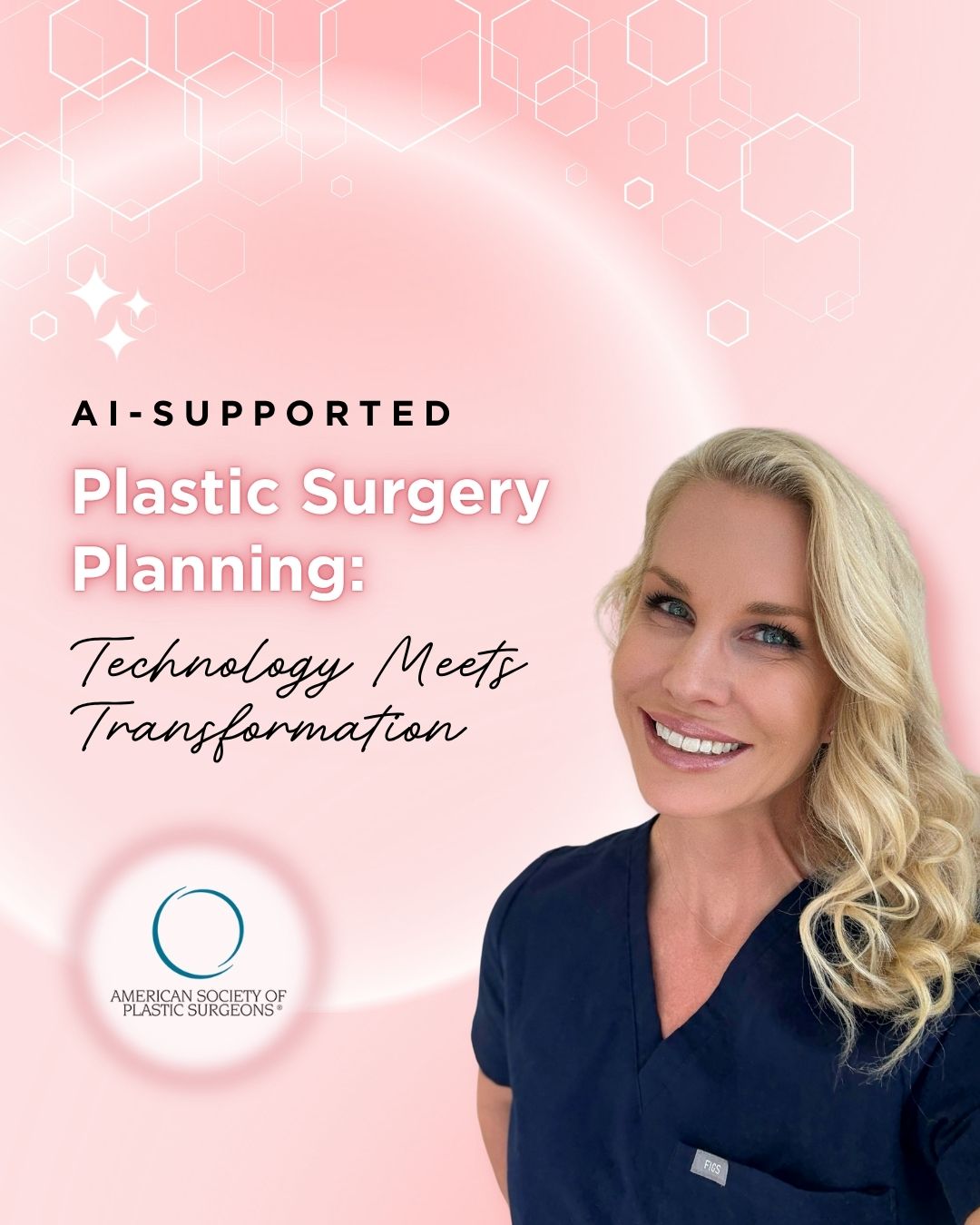AI in Plastic Surgery: What Technology Can — and Can’t — Replace

Artificial intelligence (AI) has become one of the most discussed innovations of our time, influencing everything from healthcare to entertainment. In Plastic Surgery, AI tools are beginning to change how surgeons plan procedures, educate patients, and manage their practices. Yet despite its growing role, technology remains just that — a tool. The art, precision, and empathy that define exceptional surgical care are still uniquely human.
In a recent article exploring how AI is shaping the future of Plastic Surgery, Dr. Karen Horton, Board-Certified Plastic Surgeon in San Francisco, offered her expert insights on where technology adds value — and where it can’t compete with human experience.
A Supportive Tool, Not a Replacement
AI is being used in many innovative ways behind the scenes of Plastic Surgery. Some surgeons use it to improve practice efficiency, streamline appointment scheduling, or help design patient education materials. Others are testing AI-driven software that can assist with note-taking or create educational visuals for consultations.
Dr. Horton notes that AI could play a meaningful role in areas like reconstructive surgery and cancer care, where precise preoperative planning is vital. “In the cancer field, AI will definitely be of benefit in detecting and monitoring skin cancers, breast cancers, head and neck cancers, and the plethora of other types of cancers that Plastic Surgeons treat or reconstruct,” she explained. “Knowing ahead of time what the defect will be with AI’s assistance will be a game changer for reconstruction, just as 3D printing was for cases of mandible reconstruction.”
The Human Element in Aesthetic Surgery
While AI has promising applications, Dr. Horton emphasizes that technology cannot replace the trust and communication between a surgeon and patient. She cautions against overreliance on AI-generated images or before-and-after visualizations that promise unrealistic outcomes. “Once a patient sees a computer-generated image of what could be possible surgically, even with disclosure that the image is not possible in real life, it becomes the expectation for the result,” she said.
In her own practice, Dr. Horton prefers to focus on authenticity — showing real patients, real outcomes, and real recovery timelines. Her before-and-after galleries are carefully curated to reflect natural healing and honest results rather than computer simulations.
Ethics and Patient Privacy
Beyond aesthetics, Dr. Horton raises important ethical considerations. Patient confidentiality and informed consent remain central to her philosophy of care. She expresses concern about companies pushing AI tools to plastic surgeons without fully addressing privacy and data protection standards. “Companies that are pushing AI on plastic surgeons to the benefit of their companies have minimized confidentiality and informed consent concerns that have been raised at our annual scientific meetings,” she noted.
The Future of Technology in Plastic Surgery
Dr. Horton believes that technology and artistry can coexist — but not at the expense of the patient experience. “Nothing can take the place of the intimate doctor-patient relationship, an artistic and creative eye, surgical plan and execution, and the necessary hand-holding and personal care of a Board-Certified Plastic Surgeon,” she said.
For Dr. Horton, AI’s role in Plastic Surgery is clear: it can enhance efficiency and help surgeons spend more time with their patients, but it will never replace the human compassion, artistry, and integrity at the heart of her practice.
